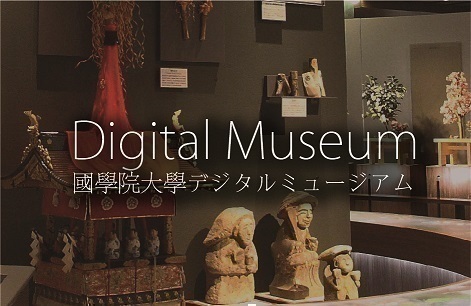- トップ
- Encyclopedia of Shinto
- meijōseichoku
Encyclopedia of Shinto
| Main Menu: | |
| Links: |
詳細表示 (Complete Article)
| カテゴリー1: | 7. Concepts and Doctrines |
|---|---|
| カテゴリー2: | Basic Terms |
| Title | meijōseichoku |
| Text | Literally, brightness, purity, sincerity and uprightness. In Shinto, this term is used to express the ideal state of one's heart. Meijōseichoku incorporates the ideas of a true heart, a sincere heart, an upright heart, and a readiness to serve the kami. When appearing in the imperial decrees (senmyō) that are recorded in Shoku nihongi, meijōseichoku is often used to express proper conduct for serving the emperor. For instance, an entry from the seventeenth day of the eighth month of 697 CE exhorts all government bureaucrats, from court officials to provincial authorities, to offer their service to the emperor with "a bright, pure, upright, and sincere heart." A similarly worded appeal for "a pure, bright, sincere and upright heart" appears in the entry for the fourth day of the second month of 724 CE. The term meijōseichoku appears as early as 685 CE (twenty-first day of the first month) in a revision of court rank titles. The titles of imperial princes and others of similar rank were revised to become myōi ("bright rank") and jōi ("pure rank"). High-ranking officials were called shōi ("sincere rank") and jikii ("upright rank"). Similarly, the contemporary Shinto rank title system for priests as used by the Association of Shinto Shrines (Jinja Honchō) is arranged according to the ranks of jōkai ("pure rank"), meikai ("bright rank"), seikai ("sincere rank"), gonseikai ("provisional sincere rank"), and chotsukai ("upright rank"). — Nishioka Kazuhiko |




